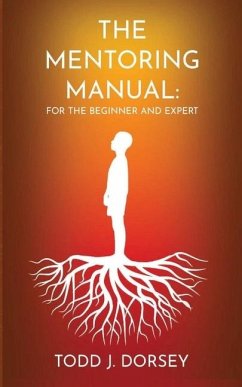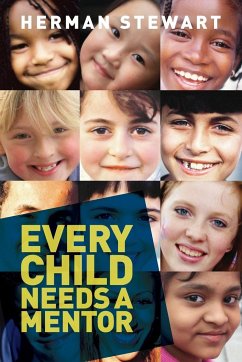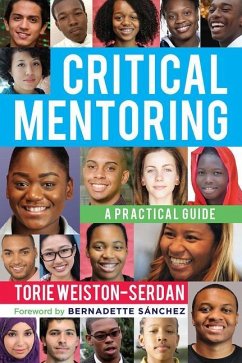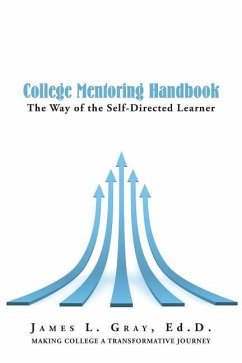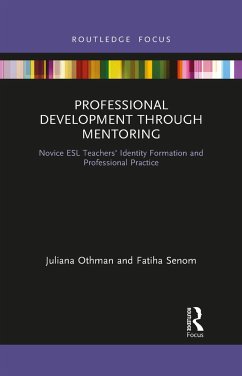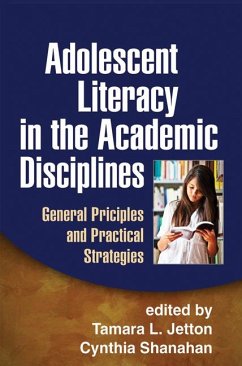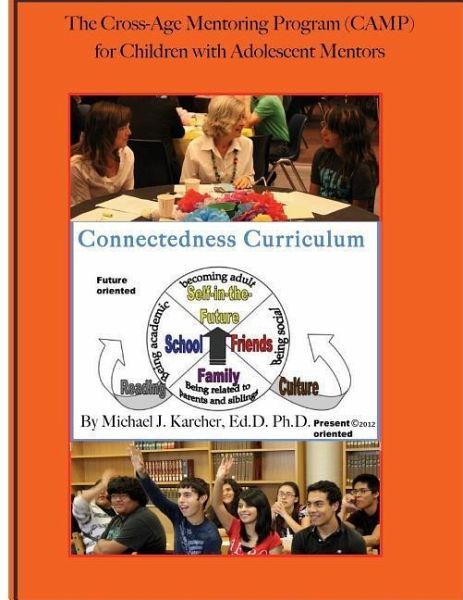
The Cross-Age Mentoring Program (CAMP) for Children with Adolescent Mentors: Connectedness Curriculum
Versandkostenfrei!
Nicht lieferbar
The Cross-Age Mentoring Program (CAMP) for Children with Adolescent Mentors is a school-based, after-school program designed to provide groups of teenage mentors the structure, guidance, and support needed to effectively mentor younger children. CAMP targets improvements in mentors' and mentees' connectedness to school, teachers, family, peers/friends, and self. A year-long connectedness curriculum (for 4th-6th grade mentees) targets multiple domains of connectedness with domain-specific activities (e.g., projects involving teachers and parents). Guidelines are presented for staff and experien...
The Cross-Age Mentoring Program (CAMP) for Children with Adolescent Mentors is a school-based, after-school program designed to provide groups of teenage mentors the structure, guidance, and support needed to effectively mentor younger children. CAMP targets improvements in mentors' and mentees' connectedness to school, teachers, family, peers/friends, and self. A year-long connectedness curriculum (for 4th-6th grade mentees) targets multiple domains of connectedness with domain-specific activities (e.g., projects involving teachers and parents). Guidelines are presented for staff and experienced mentors to create new activities for subsequent program years or for different youth populations (e.g., for middle school age or health promotion specifically). CAMP is a universal or primary prevention program intended and appropriate for hybrid groups of youth at varying levels of risk for academic, social, or behavioral problems. In CAMP youth meet in mentor-mentee dyads within a small group setting weekly after school, quarterly on weekends alongside parents, and for a 10-day summer program. Workbook for mentors to keep, to use during training, and to reflect back on or use in preparation for specific curriculum activities. It has key points from trainings in CAMP Training Guide and summaries of key concepts (e.g., persective-taking, connectedness curriculum, empathy) in the Connectedness Curriculum. This curriculum for the first year of CAMP activities includes detailed instructions for how to develop theoretically consistent connectedness activities for subsequent years or for other populations of youth provided. The first 25 pages of Curriculum describe the purpose and structure of the curriculum, how to implement it, and how to develop and refine it to suit unique local needs or populations. The remaining activities target the domains of adolescent connectedness described in the Program Manual and which are assessed with the Hemingway measure of adolescent connectedness scale (also in Program Manual).





